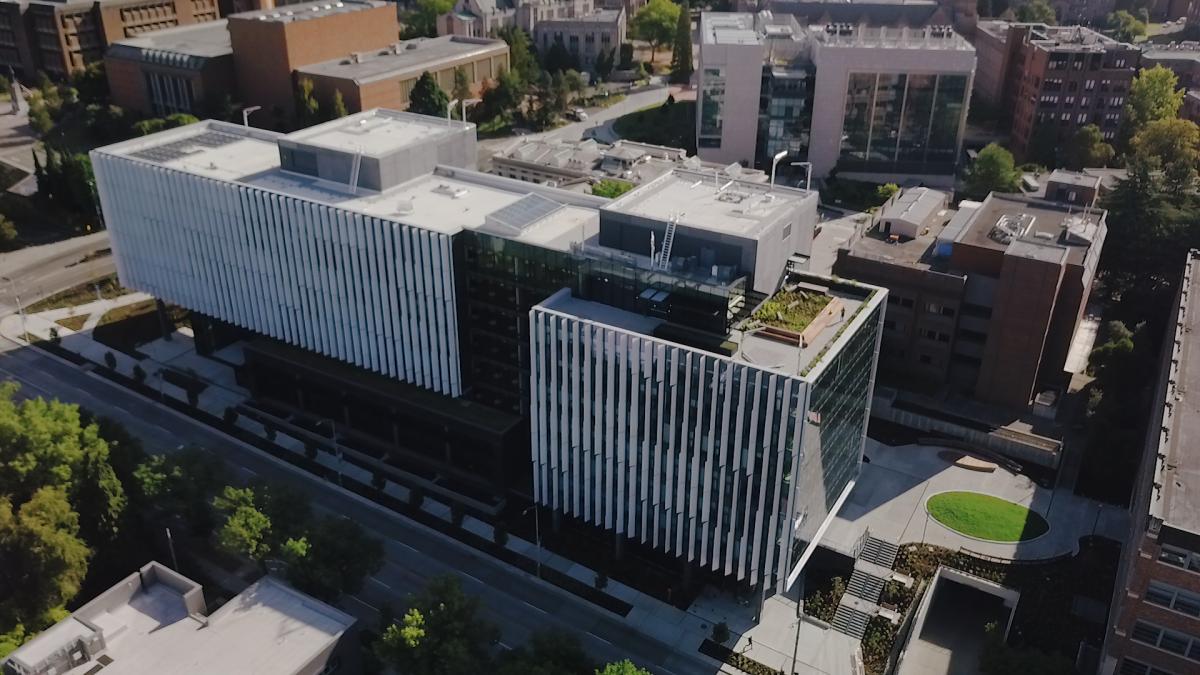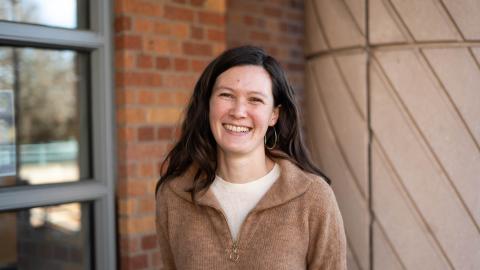The UW Department of Environmental & Occupational Health Sciences (DEOHS) welcomes eight new faculty members to its ranks during the 2022-23 academic year.
Their expertise and academic backgrounds are rich and varied and include research expertise in environmental hazards, infectious disease, workplace safety for marginalized workers, environmental health disparities, urban environmental change, machine learning, the health impacts of pollution and emergency preparedness.
All new faculty are joining DEOHS at the rank of assistant professor or assistant teaching professor. The department currently has 39 regular faculty members.
New faculty members who have already started with DEOHS
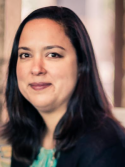
Diana Ceballos, PhD, assistant professor
Ceballos’s life passion is to address health disparities by identifying environmental factors that cause disease, injury or impairment. These factors range from emerging hazards related to new technologies to known hazards that are transferred to vulnerable populations, including workers in small businesses, minorities and workers in developing economies. She strives to better understand the connection between exposure to hazards in the workplace and the community, including in the home, where workers may transfer hazards to their children. Learn more about Ceballos.
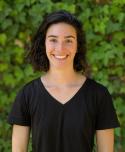
Erica Fuhrmeister, PhD, assistant professor
Fuhrmeister is interested in understanding environmental transmission pathways of pathogens, particularly enteric pathogens in low- and middle-income countries. As part of her postdoctoral work, she investigated the transmission of antibiotic resistance genes between humans, animals and the environment in Nairobi, Kenya, using metagenomics. In response to COVID-19, she has worked with other researchers to survey high-touch surfaces in the community for SARS-CoV-2 RNA.
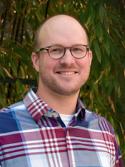
Edward Kasner, PhD, assistant teaching professor
Kasner’s research focuses on leveraging technology to prevent injury and illness among working populations. He has conducted exposure assessments in the United States and China; led occupational epidemiology studies through the National Institute for Occupational Safety and Health; and sat on state advisory panels addressing pesticides, wildfire smoke and heat-related illness. As Outreach Director at the Pacific Northwest Agricultural Safety and Health (PNASH) Center, he leads strategic planning and partnership with the agriculture, forestry and fishing industries. He applies principles of community engagement and reproducible research to iteratively co-develop practical solutions for workplace safety and health.
Faculty who will start with DEOHS later this school year
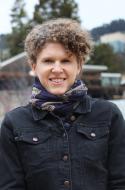
Joan Casey, PhD, assistant professor
Casey is an environmental epidemiologist who focuses on environmental health, environmental justice and sustainability. She was most recently an assistant professor of environmental health sciences at Columbia University. Her research uses electronic health records and spatial statistics to study the relationship between emerging environmental exposures and population health. She also considers vulnerable populations and the implications of health disparities, particularly in an era of climate change. Casey investigates a range of exposures including unconventional natural gas and oil development, coal-fired power plants, wildfires, power outages and concentrated animal feeding operations.

Tzu-Hsin Karen Chen, PhD, assistant professor
Chen is a quantitative geographer whose research uses machine learning, GIS science and remote sensing. Her research focuses on urban environmental change and its relation to environmental health, mental health, sustainable development in mountainous Himalaya regions and 3-D urban form in the Global South. She is currently a postdoctoral associate at Yale University's School of the Environment. Her position will be held jointly with the UW Department of Urban Design and Planning in the College of Built Environments.
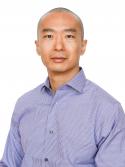
Yijie Geng, PhD, assistant professor
Geng comes from the University of Utah College of Pharmacy, where he is a postdoctoral research associate. He studies the developmental biology and neuroscience of zebrafish social behavior using high-throughput and computational approaches such as computer vision and machine learning.
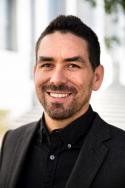
David González, PhD, assistant professor
Gonzalez is an epidemiologist and environmental scientist who was most recently a postdoctoral fellow at the University of California, Berkeley. His research examines how pollution from extractive industries and climate-driven disasters affect reproductive health and contribute to health disparities. He teaches courses in epidemiology, environmental science, environmental justice and geospatial methods. His work toward achieving equity and justice in the sciences includes working with the Diversity and Inclusion Committee of the Society for Epidemiologic Research.
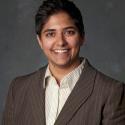
Resham Patel, MPH, assistant teaching professor
Patel is a public health professional with program and grant management experience, as well as a clinical instructor in the UW Department of Health Systems and Population Health. For the past eight years, Patel also worked for Public Health – Seattle & King County, most recently as the organizational preparedness and evaluation manager, where Patel focused on training, exercises, evaluation and improvement. Patel also served as COVID-19 deputy area commander and information management chief.
